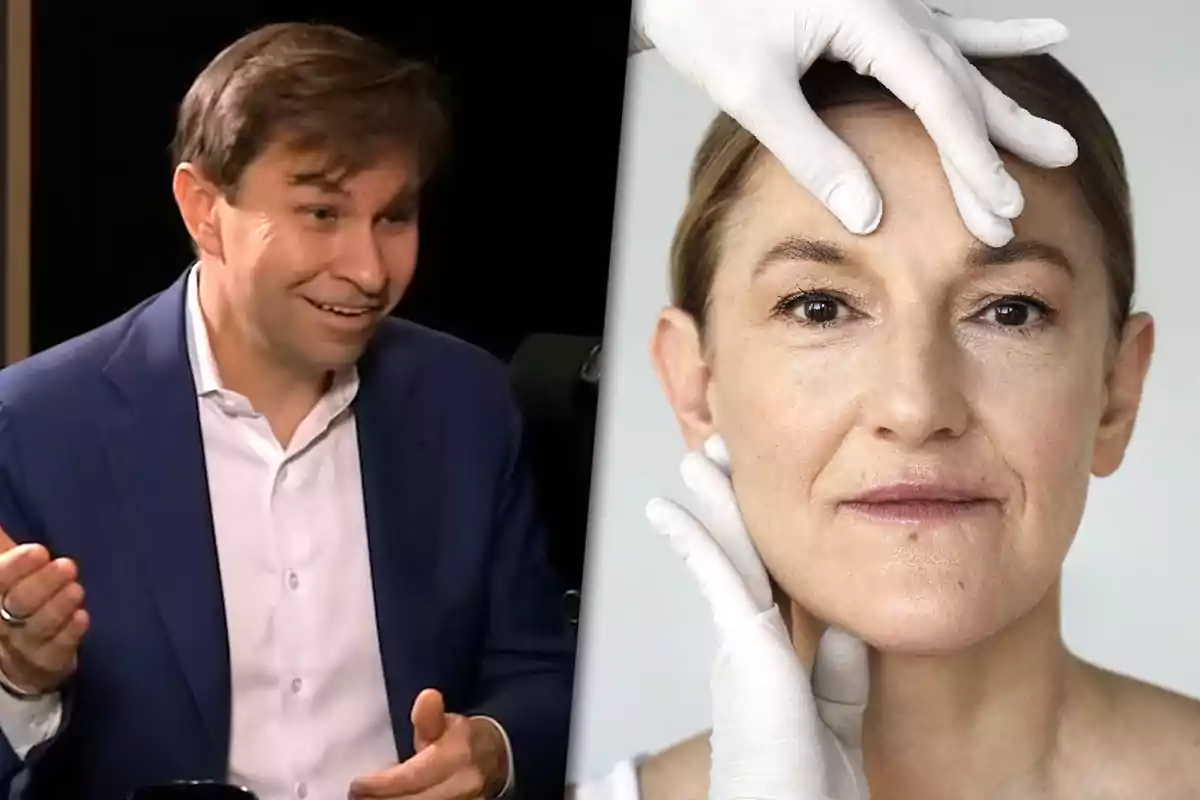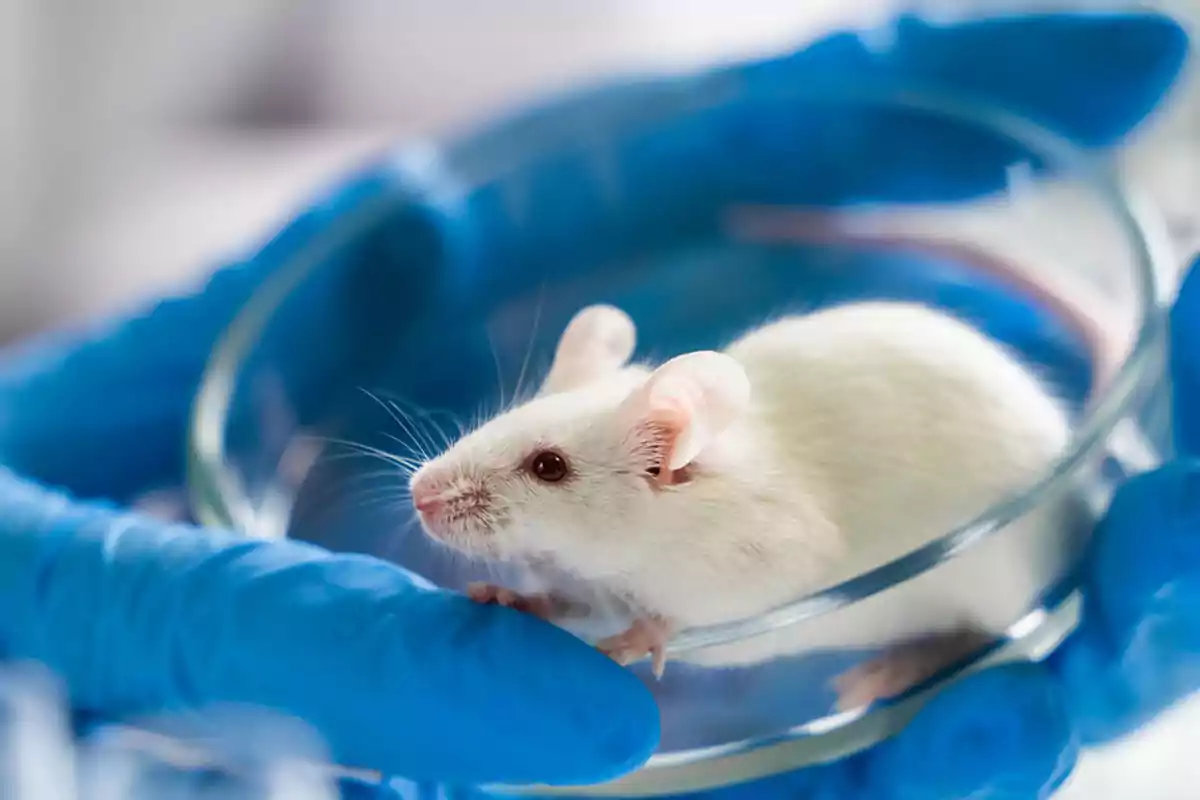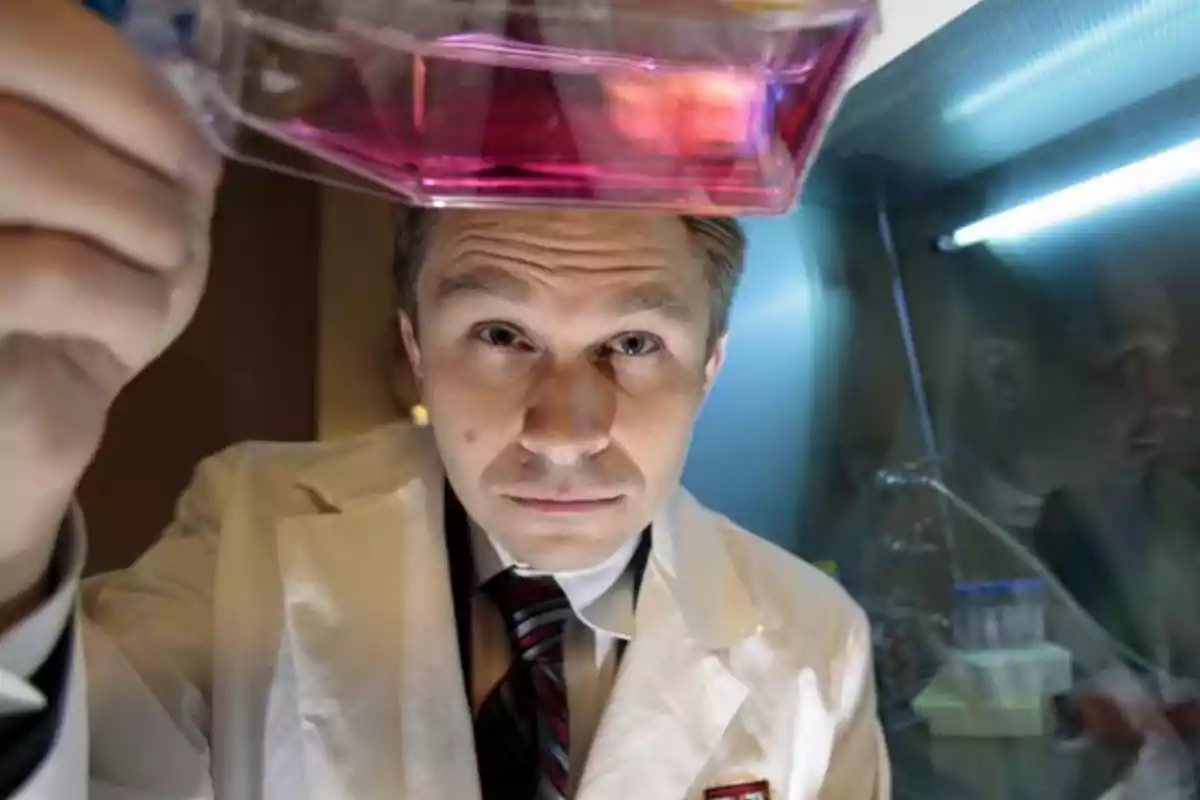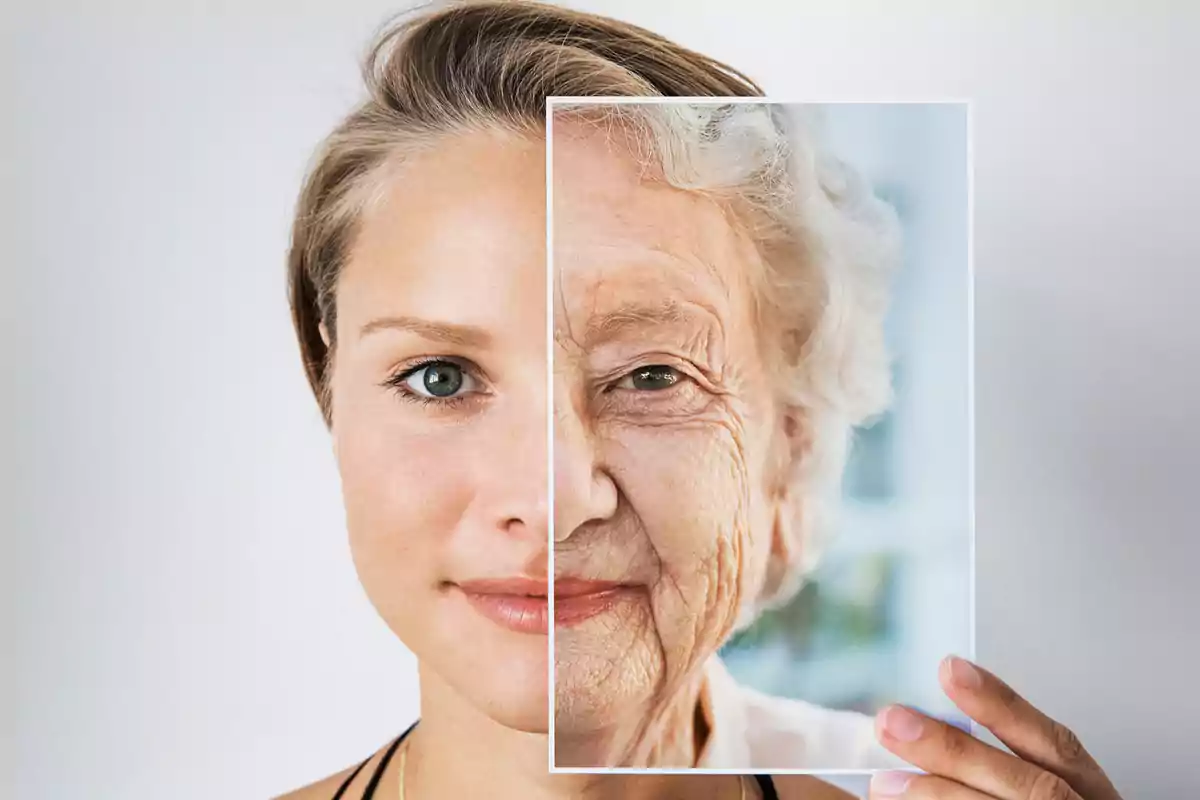
A Harvard scientist claims that aging can now be reversed
Scientist David Sinclair confirmed that they are already testing in humans a therapy that has reversed aging in animals
A discovery led by scientist David Sinclair could change the course of regenerative medicine.
His team managed to reverse aging in mice and monkeys, and is now preparing to test the therapy in humans.

A scientific step that seems like science fiction
From his laboratory at Harvard, Sinclair is developing an epigenetic approach that allows "resetting" aged cells and tissues.
This breakthrough aims to treat age-related diseases, improve quality of life, and extend human longevity.
How they managed to rejuvenate mice and monkeys
The process is based on activating certain embryonic genes known as Yamanaka factors through gene therapy. In animal trials, this produced a measurable reduction in biological age and clear physical improvements.

In mice, a four-week treatment produced clear signs of rejuvenation. In monkeys, damage to the optic nerve was reversed.
The key lies in the epigenome
According to Sinclair, the problem of aging is not cellular wear but the loss of epigenetic information.

The treatment doesn't modify DNA but restores the cellular "instruction manual" so they function as if they were young.
AI and anti-aging pills
To facilitate access to the treatment, the team is now using artificial intelligence to find oral rejuvenating molecules.
The idea is to replace complex therapies with a pill taken for four weeks.

Human trials: when they start
The first clinical trials with humans will begin in January. The initial focus will be on eye diseases such as glaucoma.
The trial will include an eye injection and the use of doxycycline to activate the rejuvenating genes.
More posts: